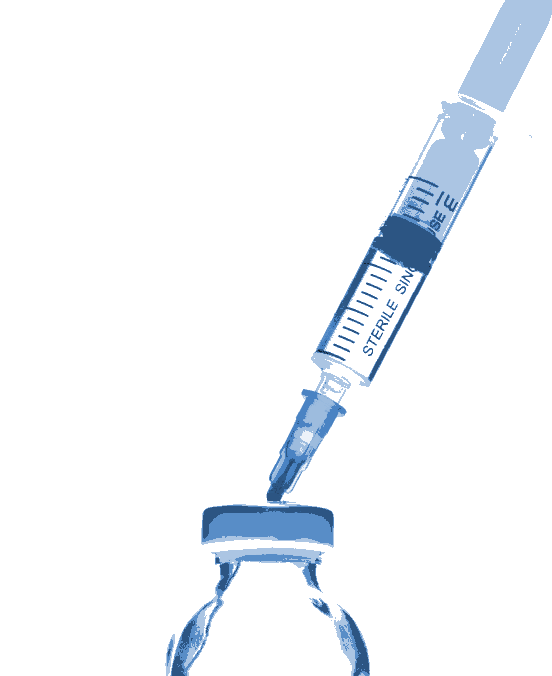Path prepped for junior jabs
 Pfizer has been cleared to apply for vaccine approval for under-5s.
Pfizer has been cleared to apply for vaccine approval for under-5s.
The TGA has granted a provisional determination to Pfizer for its COVID-19 vaccine in kids aged six months to five years.
Provisional determination is the first step in the registration process and it means that Pfizer is now eligible to apply for registration of their vaccine for the younger aged group.
Approval and potential supply in Australia would only commence should the vaccine be approved as safe and effective by the TGA and recommended for administration to this age group by ATAGI (the Australian Technical Advisory Group on Immunisation).
It does not mean an application for use in this age group has been made and it does not mean any subsequent application would be approved.
Pfizer-BioNTech’s three-dose COVID-19 vaccine for children 6 months to 5 years old was 80 per cent effective at preventing illness during the Omicron wave.
The safety data for the Pfizer vaccine is based on 1,678 children under age 5 who received a third shot at least two months after the second dose when Omicron was the main variant in circulation.
Pfizer examined a subset of children to determine the immune response of kids under age 5. The 80 per cent effectiveness against Omicron is based on a preliminary analysis.
Still, Dr Vinod Balasubramaniam - a virologist at the Jeffrey Cheah School of Medicine & Health Sciences at Monash University Malaysia - says it is “a step in the right direction”.
“New variants continue to emerge with the possibility of more fluctuations in COVID infections over coming months,” he says.
“While children at this age group’s risk of severe COVID remains low, they can still acquire and transmit the virus to others.
“A small percentage of children also require hospitalisation after COVID and face rare but life-threatening risks such as multi-system inflammatory syndrome, or MIS-C, with some children developing longer-term, chronic COVID symptoms.
“Evidence suggests that offering the vaccine ahead of another potential wave will protect this very small number of children from serious illness and hospitalisation and will also provide some short-term protection against mild infection across the age group.
“In this scenario, we should not only consider a specific child’s risk (in this age group) of severe disease, but also the risk of those who they are in close contact with, including family and older relatives who may have underlying conditions.”








 Print
Print